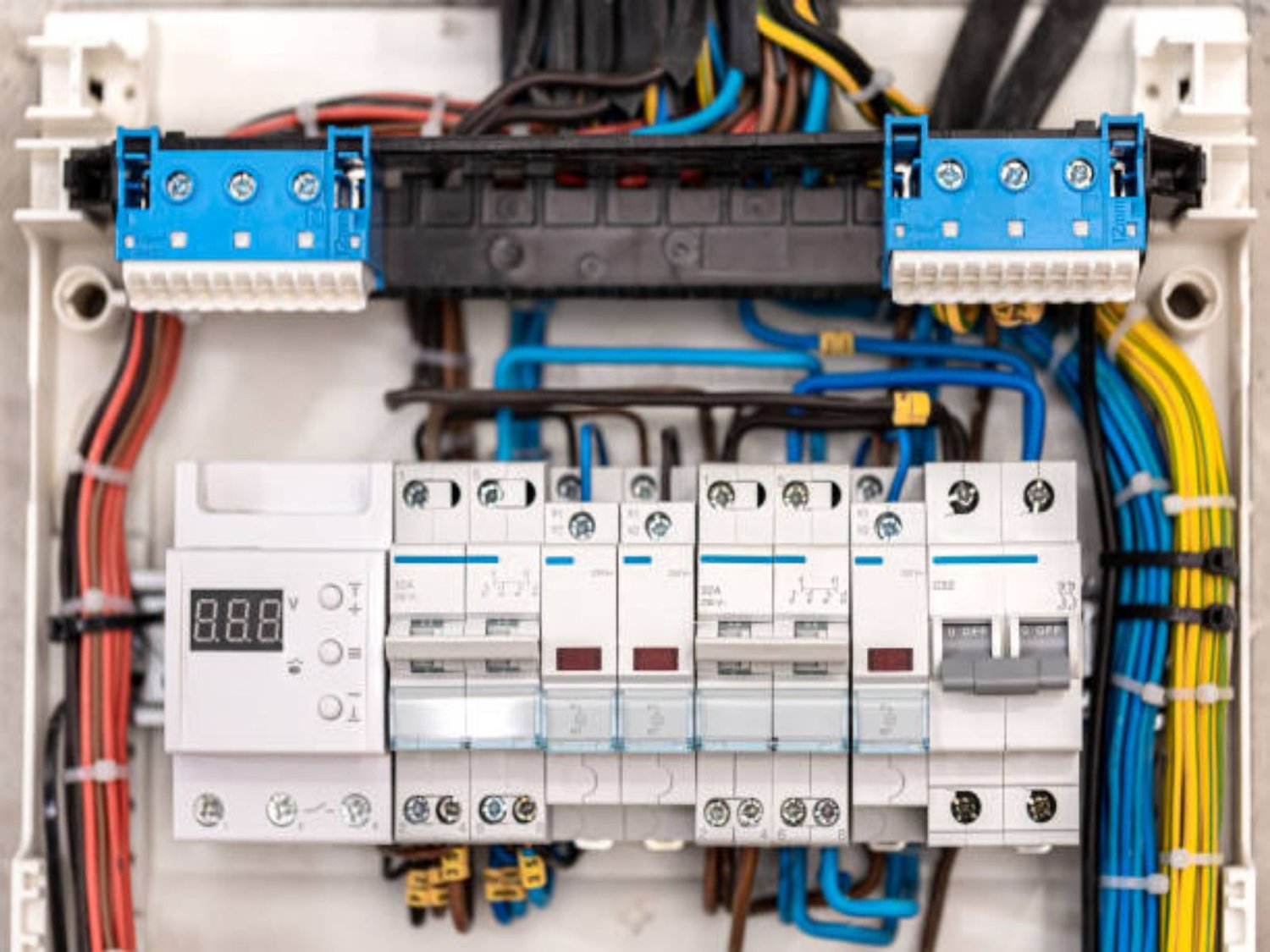Table of Contents

The Importance of a Contactor for AC Unit
When it comes to the functionality of your air conditioning unit, the contactor plays a crucial role. It is responsible for initiating and terminating the electrical power supply to your AC unit's compressor. Without a properly functioning contactor, your AC unit may fail to start or stop working altogether. In this article, we will explore the cost of a contactor for an AC unit and provide you with valuable information to help you make an informed decision.
The Factors that Affect the Cost
Several factors contribute to the cost of a contactor for an AC unit. Understanding these factors can help you anticipate the expenses involved. Let's take a closer look at each one.
1. Type of Contactor
The type of contactor you need for your AC unit can impact its cost. There are various types of contactors available, including single-pole, double-pole, and triple-pole contactors. Single-pole contactors are the most common and affordable option, while triple-pole contactors are typically the most expensive. The specific requirements of your AC unit will determine the type of contactor you need.
2. Brand and Quality
The brand and quality of the contactor also contribute to its cost. Well-known brands with a reputation for reliability and durability often come at a higher price point. However, investing in a high-quality contactor can save you money in the long run by reducing the need for frequent replacements or repairs.
3. Voltage and Amperage Rating
Another factor that affects the cost of a contactor is its voltage and amperage rating. AC units have different power requirements, and the contactor you choose should match those specifications. Contactors with higher voltage and amperage ratings tend to be more expensive due to their increased capacity.
4. Contractor Labor Costs
In addition to the cost of the contactor itself, you should also consider the labor costs associated with its installation. Hiring a professional HVAC contractor to install or replace a contactor ensures proper installation and can help avoid future issues. The labor costs may vary depending on the complexity of the job and the contractor's pricing structure.
Typical Cost Range
Now that we have discussed the factors that influence the cost of a contactor for an AC unit, let's explore the typical cost range you can expect.
1. Single-Pole Contactors
Single-pole contactors, being the most common type, are relatively affordable. On average, you can expect to pay between $20 and $50 for a single-pole contactor. The specific brand, quality, and voltage rating will determine the exact cost within this range.
2. Double-Pole Contactors
Double-pole contactors, which are suitable for larger AC units, tend to be slightly more expensive. The cost of a double-pole contactor typically ranges from $50 to $100. Again, the brand, quality, and voltage rating will influence the final cost.
3. Triple-Pole Contactors
Triple-pole contactors, designed for heavy-duty applications, are the most expensive option. These contactors can range in price from $100 to $200 or more. The higher cost is justified by their increased capacity and durability.
Factors to Consider When Choosing a Contactor
When selecting a contactor for your AC unit, it's important to consider more than just the cost. Here are a few additional factors to keep in mind:
1. Compatibility
Ensure that the contactor you choose is compatible with your AC unit's specifications, including voltage and amperage requirements. Installing an incompatible contactor can lead to malfunctioning or even damage to your AC unit.
2. Reliability
Opt for a contactor from a reputable brand known for its reliability. A reliable contactor will not only provide consistent performance but also reduce the risk of breakdowns and costly repairs.
3. Warranty
Check if the contactor comes with a warranty. A warranty offers peace of mind and protection against defects or premature failures. Be sure to review the terms and conditions of the warranty before making a purchase.
4. Professional Installation
Consider hiring a professional HVAC contractor to install or replace the contactor. They have the necessary expertise and experience to ensure a proper installation, minimizing the risk of electrical issues or damage to your AC unit.
Conclusion
When it comes to the cost of a contactor for an AC unit, several factors come into play. The type of contactor, brand and quality, voltage and amperage rating, and contractor labor costs all contribute to the overall expenses. Understanding these factors and considering additional aspects like compatibility, reliability, warranty, and professional installation can help you make an informed decision. Remember, investing in a high-quality contactor is a worthwhile investment that can ultimately save you money in the long run.
